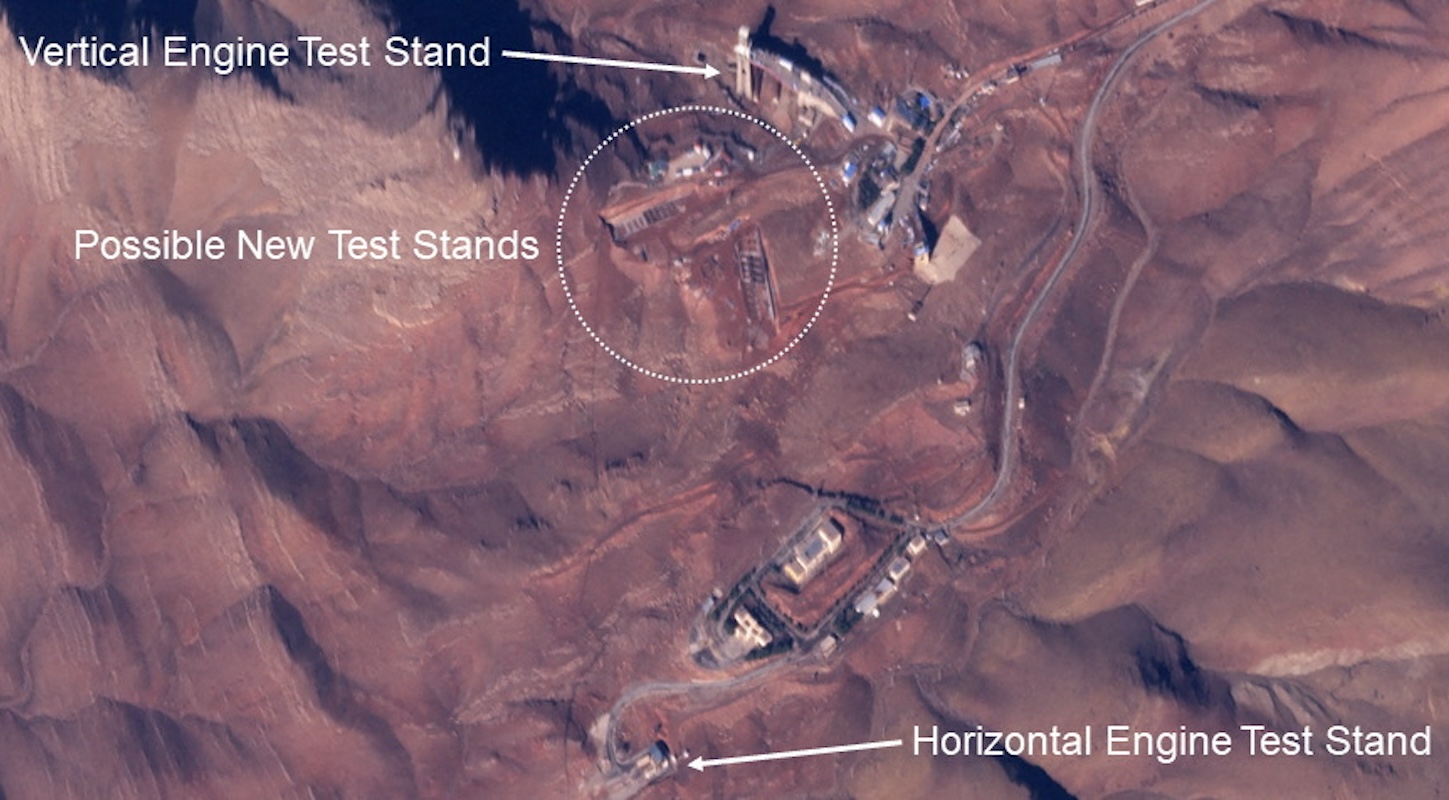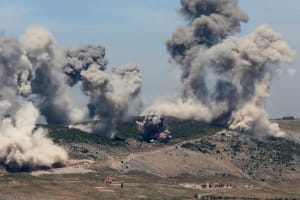Iran’s new ‘moderate’ president confirms anti-Israel stance as regime increases missile production
Iranian officials admit drones and missiles being sent to Hezbollah, Russia

Despite being thought of as “moderate,” Iran’s newly-elected president, Masoud Pezeshkian, on Monday confirmed he would continue the regime’s anti-Israel stance. Additionally, reports indicated a substantial increase recently in Iran's missile production capabilities.
Pezeshkian reportedly wrote to Hezbollah leader Hassan Nasrallah: “The Islamic Republic has always supported the resistance of the people of the region against the illegitimate Zionist regime.”
“I am certain that the resistance movements in the region will not allow this regime to continue its warmongering and criminal policies against the oppressed people of Palestine and other nations of the region,” Iranian media quoted from Pezeshkian’s letter.
The candidate, often described as relatively “moderate,” won the recent run-off elections for the succession of Ebrahim Raisi, who died in a helicopter crash in May.
While Raisi had pushed to strengthen ties with Russia and China, leading the regime's entry into the BRICS alliance to counter Western dominance, Pezeshkian has called for “constructive relations” with Western nations and supports returning to the 2015 Joint Comprehensive Plan of Action (JCPOA) nuclear deal initiated by then-U.S. President Barack Obama.
Pezeshkian’s comments dashed any possible hope of a turning point in relations with Israel by expressing his support for the regime’s “Axis of Resistance,” which includes its military proxies across the region, notably Hezbollah and Hamas.
Underlining Iran's hostile position, Reuters reported on Monday that the regime conducted “major expansions” at two key ballistic missile facilities.

According to two American researchers, the expansion will boost missile production, a conclusion confirmed by three senior Iranian officials.
This development highlights the threat of Iranian weapons, both by its active use, as well as the sale and transfer of weapons to its proxies and allies, especially Russia.
In 2022, Tehran and Moscow agreed the regime would provide ballistic missiles for Russia's war against Ukraine, alongside the sale of Iranian drones.
Iran also launched hundreds of missiles and drones directly at Israel in April, with Israel retaliating by striking an Iranian military airbase near the city of Isfahan.
According to satellite images from March and April viewed by Reuters, the Modarres military base and the Khojir missile production complex have more than 30 new buildings. Many of these buildings are surrounded by dirt berms designed to prevent an explosion in one building from igniting combustible materials in nearby structures.
Three unnamed Iranian officials told Reuters that the bases are being expanded to boost production of conventional ballistic missiles, with one official adding: “Why shouldn’t we?”
Another official stated that some of the new buildings were intended to double the production of military drones. He openly admitted that these drones and missile components would be sold to Russia and transferred to Yemeni Houthi rebels and Hezbollah.

The All Israel News Staff is a team of journalists in Israel.
You might also like to read this:














